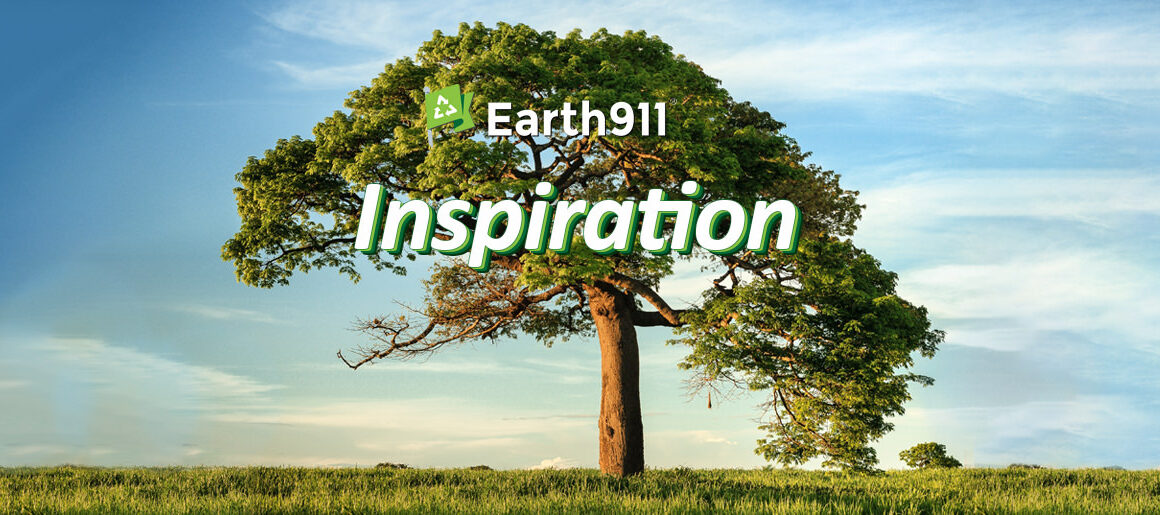Almost $4m in federal funding has been stripped from an Ivy League university’s prestigious climate research department because the Trump administration has determined it exposed students and other young people to “climate anxiety”.
The government research grants to Princeton University have been cut off because the White House considers its work on topics including sea level rise, coastal flooding and global warming to be promoting “exaggerated and implausible climate threats”, according to the New York Times.
Among the faculty of Princeton’s Cooperative Institute for Modeling the Earth System, a partner of the National Oceanic and Atmospheric Administration (Noaa), is noted meteorologist Syukuro Manabe, a 2021 Nobel prize in physics winner for his work on global climate change simulations.
The US commerce department pulled the funding on Tuesday, stating without evidence that the university’s collaboration with Noaa “promotes exaggerated and implausible climate threats, contributing to a phenomenon known as ‘climate anxiety,’ which has increased significantly among America’s youth”.
Programs to lose federal dollars include an educational initiative on climate change aimed at students in kindergarten through high school, and two separate five-year studies. One study was looking into understanding how Earth’s water availability would fluctuate as a result of global warming; the other was designed to predict how changes in rainfall patterns and sea-level rise could affect coastal flooding.
“The awards to Princeton are no longer aligned with the program objectives of Noaa, a sub-agency of the department of commerce, and are no longer in keeping with the Trump administration’s priorities,” the department said in a press release.
“Using federal funds to perpetuate these narratives does not align with the priorities of this administration and such time and resources can be better utilized elsewhere.” The statement did not indicate where, or if, Princeton’s $4m would be spent instead.
Noaa was ordered in February “to identify grants related to global warming and other topics targeted by President Trump’s executive orders”.
Princeton’s media relations office did not immediately respond to a request for comment.
Dr Rick Spinrad, Noaa administrator during the Biden administration, told the Times that Princeton’s forecasts were critical to agriculture, energy and transportation sectors in the US, and said Trump was “nose-thumbing” Dr Manabe’s work on climate models.
“The Princeton cuts are a slap in the face to all those who need better seasonal precipitation forecasts,” he said.
The withdrawal of funds from Princeton was in line with two objectives of the Trump administration, a full-on assault on organizations and bodies conducting climate research, and slashing federal budgets and jobs.
On Wednesday, the White House announced it was ending funding for the US Global Change Research Program, a Congress-mandated body that produces the government’s pre-eminent climate report summarizing the impacts of rising global temperatures across the country.
after newsletter promotion
Also this week, Trump signed an executive order attempting to force states and cities to stop enforcing laws that would protect the environment or mitigate climate change, such as those holding fossil fuel companies liable for the damaging effects of extreme weather events exacerbated by the climate emergency.
Advocates branded the order “illegal” and “disgusting”.
Noaa is among the hardest hit agencies by Trump’s attacks on the machinery of federal government through Elon Musk’s so-called “department of government efficiency” (Doge). Earlier this month, the Guardian reported on “chaos” gripping the agency following the firing of hundreds of workers, and a scramble by Doge to rehire some of them considered essential.
Protesters at Noaa headquarters in Silver Spring, Maryland, warning that cutbacks risk hampering the flow of crucial weather and climate information, and threatening regulatory work around fisheries that prevent the over-exploitation of the oceans.
The Noaa budget announced in the final year of the Biden administration earmarked about $220m in federal grants to be awarded for climate research, spending expected to be eliminated or at least substantially reduced during Trump’s second term.








Recent Comments